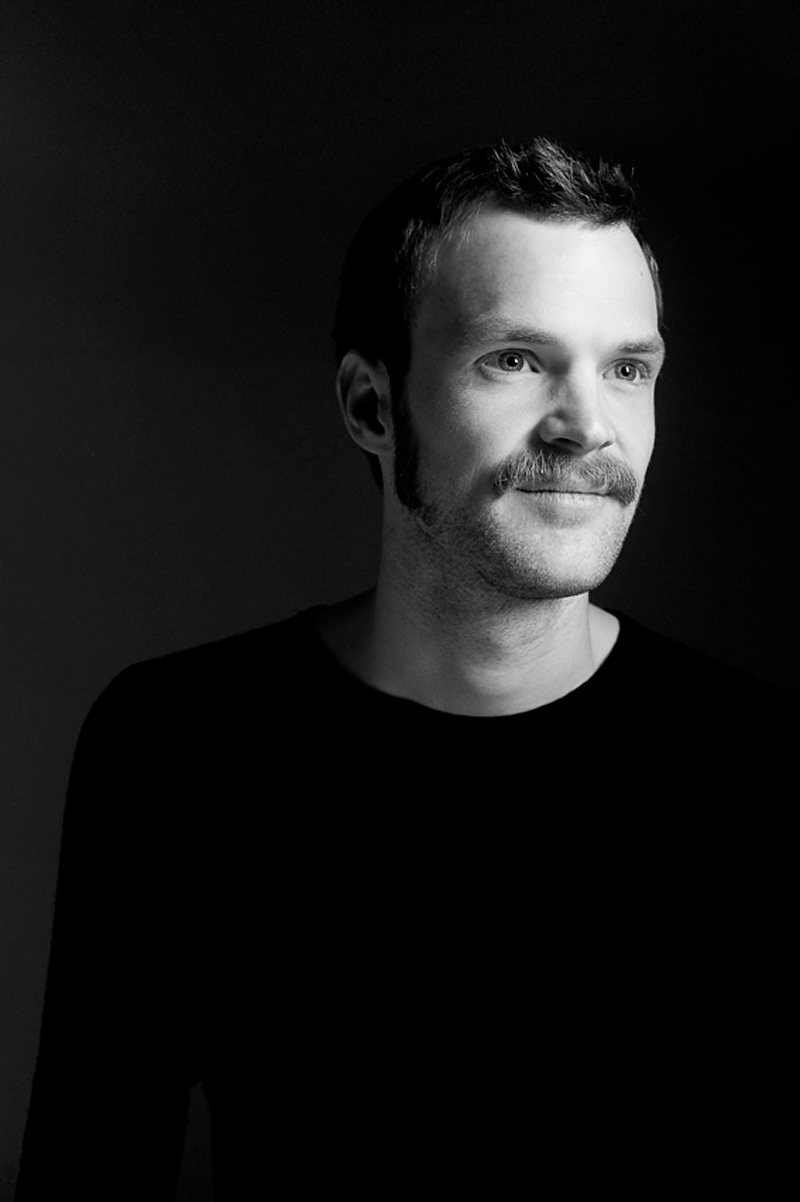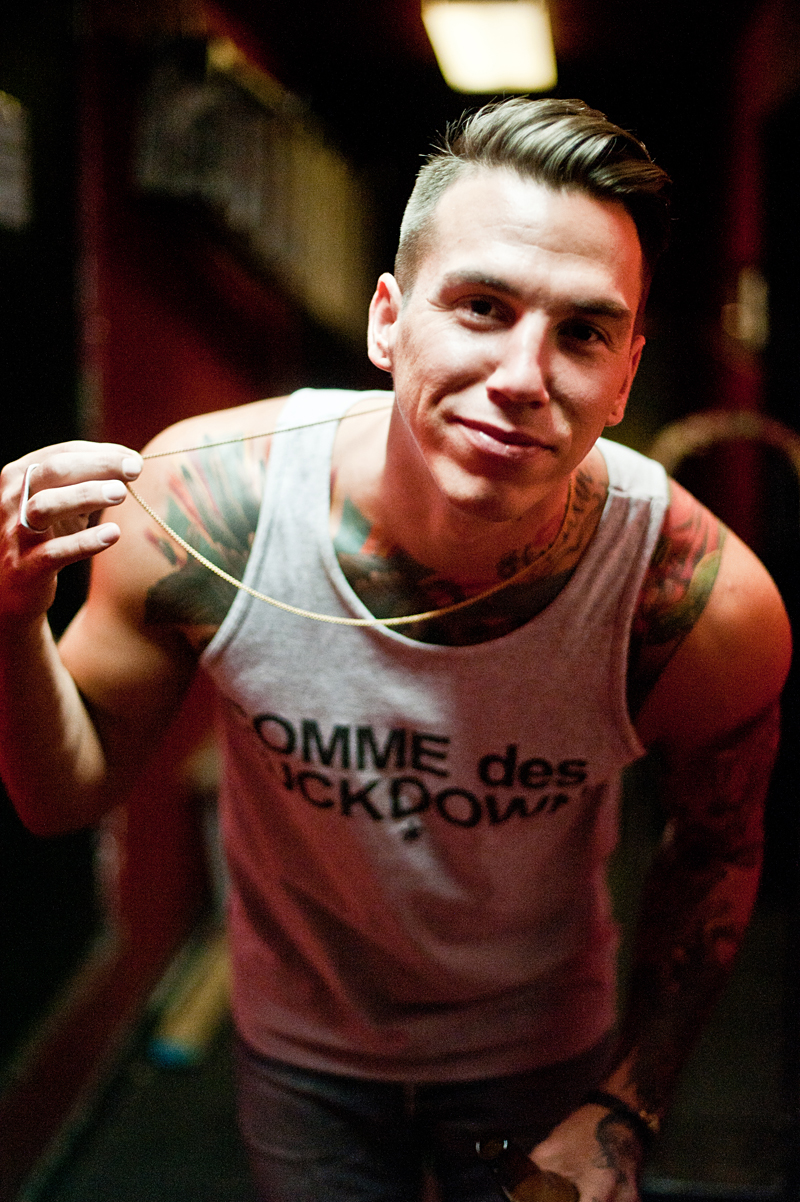Toward the end of the film High Fidelity, John Cusack’s character, a pitch-perfect archetype of an aging record-store owner and inveterate music geek, is tricked into reviving his old DJ night—it’s his girlfriend’s idea, and she calls it “Dance Music for Old People.” Cusack’s face sinks. But, like most things from High Fidelity, it’s an idea with real-world traction—now more than ever.
Many of the year’s best dance records—acts like Nicolas Jaar, Motor City Drum Ensemble, the 6th Borough Project, Wolf + Lamb, and Soul Clap—have been exploring slower tempos and softer sounds and incorporating more overtly nostalgic influences, such as disco, classic house, and new jack R&B. This is in sharp contrast to the blown-out, jacked-up “blog house” that dominated trendier dance floors in the mid-to-late ’00s, or the testosterone-soaked “bro-step” that persists today. It’s a more relaxed sound—slow-burning rather than teeth-grinding; subtle, elegant even (stop me before I start sounding like Michael McDonald describing a fine merlot). Essentially, it’s dance music for old—or at least older—people, and its presence is being felt on Seattle’s dance floors.
Of course, people over 30 have always been discreetly allowed into most nightclubs, but these days, whether it’s the extending reach of the “Odyssey Years” or the proliferation of “Grups” (or some factor yet to be trend-pieced by The New York Times), dance music and dance nights in Seattle seem almost to be catering specifically to slightly more seasoned revelers.
“Kids like it fast, abrasive, angry, [and] frenetic,” says Decibel Festival’s Sean Horton. “Skrillex, for example. But the 21–40 crowd—many of whom rediscovered their love of dance music through the minimal boom—prefer the music to be relaxed, warm, and nostalgic. It’s subtle, sexy, slowed-down, and very reminiscent of the early electronic dance music that many of us grew up with.”
Beyond the abundance of explicitly retro ’80s, ’90s, and vintage soul/funk nights, there’s the likes of Slowpøke, a monthly night of “house, disco, and techno” that occurs one low-stakes Monday a month at cozy Capitol Hill bar The Living Room.
“It’s much more about vibe than genre or even tempo, although the tracks we play tend to be on the slow side,” says Slowpøke co-promoter Donte Parks, who, at the seasoned age of 33, works at a consulting firm by day and remains one of Seattle’s most reliably animated fixtures at electronic-music events by night. (His partners in Slowpøke—and deskmates at work—are similarly mature dance-music lovers Shawn Dempsey, 32, and Jeremy Borden, 30.) “We want to play warm music, music that is actually fun, music that’s conducive to hanging out with your friends. I don’t know, this music just feels more ‘mature’ in a lot of ways.”
Even beyond the reduced BPMs, it’s that nostalgic element, that air of heart-on-sleeve historicism, which might resonate more with veteran clubbers. Nights like the monthly TRUST at the Baltic Room or, even more so, the TRUST crew’s rooftop happy-hour affair Easy (Thursdays at the HG Lodge), digs into both soulful house and the old-soul and R&B joints that house was built on.
“The part I find exciting is getting to discover so much music that I’d always relegated as music for my parents,” says Parks. “The whole disco-edits thing has been great for that. Plus, it’s great to hear where all those classic house tracks got their samples.”
One expert of the disco edit—not quite a remix, but more a rearrangement or extension of an original track—is Oslo-based producer Todd Terje, who comes to Seattle this Saturday, July 9, to perform with like-minded NYC DJ Tim Sweeney at the disco-and- more monthly TROUBLE at Fred Wildlife Refuge (full disclosure: I am a resident DJ at TROUBLE). Terje’s productions and remixes tend toward mellow disco and deep house with occasional sweat-on-the-walls peaks, but he’s perhaps just as well-known for his floor-ready re-edits of such mom-friendly artists as Stevie Wonder, Michael Jackson, and even Paul Simon (Graceland-era, naturally).
Of course, no night wants to be tarred with the brush of being exclusively for old people, and certainly this stuff can appeal as well to young folks—if perhaps only to those with more sophisticated tastes.
“[Motor City Drum Ensemble] is a 24-year-old living in Berlin,” says Horton, who’s booked MCDE for this year’s Decibel Festival (Sept. 28–Oct. 2), and is bringing the similarly subdued Four Tet to Bumbershoot After Dark on Sept. 4. “If kids are creating this music, I don’t see why they wouldn’t be listening to it.”






